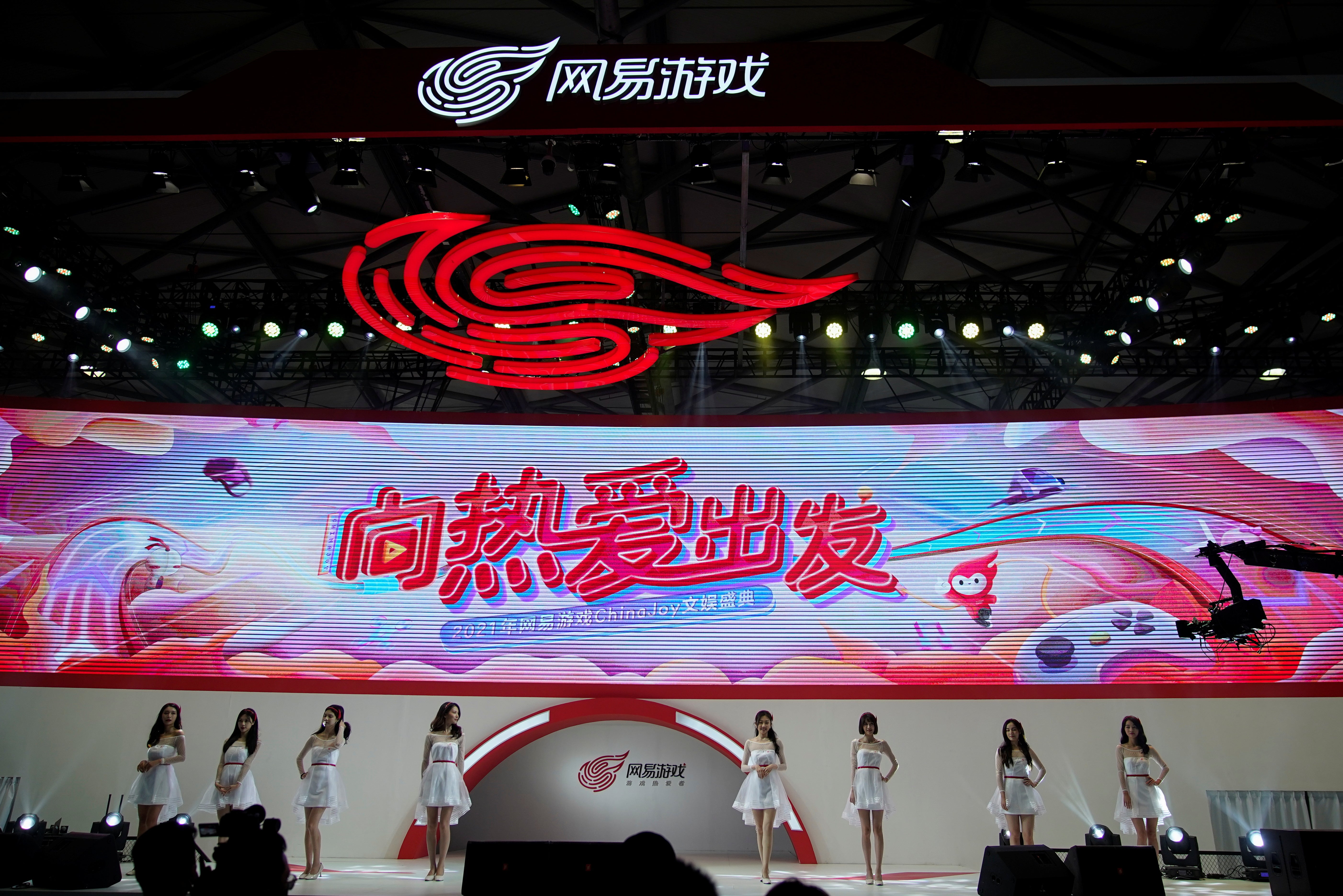China bans sex toys and foreign media from online shopping streams in new etiquette rules for influencers
Online shopping platforms are the latest sector targeted in a sweeping crackdown by the Chinese authorities, as William Yang reports


The Chinese government has introduced a new plan to regulate how presenters and influencers on online shopping streams are allowed to dress, behave and promote products, as part of a far-reaching crackdown on private businesses.
According to the new regulations proposed by the ministry of commerce, items like sex toys, medicines, spy devices and foreign newspapers are now banned from being sold during live-streams hosted on ecommerce websites.
Live-stream presenters must now be at least 16 years old and will be required to speak in Mandarin, the rules state. Ecommerce websites will be required to have an open comment section for viewers to comment on their streams, and they will be banned from deleting negative comments or posting fake positive ones.
The ministry of commerce said the standard will be applied to all kinds of ecommerce platforms that provide services or sell products through live-streams. Platforms will be required to set out and maintain their own standards for the quality, image and behaviour of live-streams and their presenters.
If presenters fall short of this standard, the ministry says the platforms should warn or punish them by measures such as limiting their traffic, suspending, blacklisting or even removing their accounts. The government says the changes are aimed at creating a positive ecommerce environment for customers.
The ministry is calling for public feedback to the draft regulations until 2 September. The move reflects ongoing attempts to tighten government control over a broad range of sectors.
Chinese internet users have largely been supportive of the move, with ecommerce live-streams enjoying an inconsistent reputation. “The government should have regulated online live-streaming a long time ago, because many things presented in these sessions are not real,” wrote one contributor on Weibo, the popular microblogging site in China.
Other users criticised the quality of existing live-stream presenters, saying some of their behaviour had been inappropriate and indecent. “I have such a bad impression about one female presenter, because I never understood what she was trying to convey during those sessions,” wrote another user.
Live-streaming for online shopping sites has become big business, with KPMG estimating that the industry generated around $154bn in revenues in 2020, according to the South China Morning Post.
Shares in several tech giants that own live-streaming platforms fell on the Hong Kong stock exchange when news of the draft regulations was first announced last week. Alibaba, which owns China’s largest live-streaming ecommerce platform Taobao Live, saw its shares fell more than 5 per cent last Thursday. The second largest platform, Kuaishou, saw its shares fall around 7 per cent, hitting the lowest level since its listing in February.
The move comes amid the Chinese government’s ongoing crackdown on tech giants and the private tutoring sector. Beijing blames the private sector for generating a range of socioeconomic problems that could destabilise the country.
Apart from concerns about data security and the monopolisation of specific sectors, experts think China’s top leaders, especially its president Xi Jinping, have a real distaste for what they view as excessive wealth.
“Quite naturally, Xi Jinping and others have seized upon the tech sector as that’s where you can see the most extreme concentration of wealth with the founders and CEOs of these different companies,” said Dexter Roberts, a senior fellow at the Atlantic Council’s Scowcroft Centre for Strategy and Security.
According to Roberts, China’s top leadership believe they can rein in the excesses of big tech companies by calling a sudden halt of IPOs (making shares available to the public) or announcing a crackdown on a company like Didi Chuxing. “He (Xi) has this idea that he can do all these things, and these companies will continue to be relatively strong, and continue to help in the extremely important national goal of becoming a more innovative economy,” he told The Independent.
“I think the reality is [that] it’s very hard to do. I don’t think you can crack down, to the degree that they are doing right now in the private sector, and expect it to keep innovating and keep working so hard to try to build their companies bigger and bigger,” he said.
Roberts thinks the crackdown on the private sector is already hurting China’s economic prospects, and while the trend continues, there seems to be an increasing emphasis on supporting the state sector and having it play a larger role.
“In most cases, we see China’s state sector is a lot less productive than its private sector, so when the Chinese government is trying to give the state sector more priority, it’s going to hurt job creation and hurt innovation,” he said. “Ultimately, they will also hurt the overall growth of the economy.”






Join our commenting forum
Join thought-provoking conversations, follow other Independent readers and see their replies
Comments